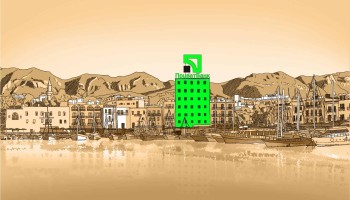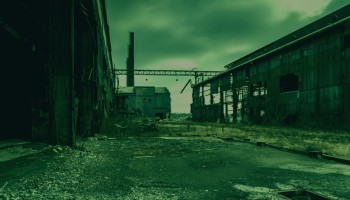In 2015, a group of Ukrainian legislators investigated the country’s largest gas station business, an operation that sells different brands in different regions but is ultimately controlled by Ihor Kolomoisky.
The chain of about 1,500 stations was operated by approximately 50 companies with hidden owners, with each firm leasing the premises of an average of 30 stations and controlling all their financial operations.
Legislators discovered that the firms liquidated themselves at regular intervals of shorter than one year, to be replaced each time by a new set. The result? When fiscal authorities and police followed up on unpaid taxes and other offenses, they came up empty.
When the parliamentarians compared a list of the firms operating the gas stations in 2014 with those doing so in 2015, they discovered that 90 percent had been substituted.
This was “massive tax evasion and ... shadow economy operation of the fuel retail market,” says parliamentarian Victoria Voytsitska.
In July 2015, Voytsitska wrote to the head of Ukraine’s security service, the Ministry of Internal Affairs, and the head of the tax service to request an investigation, claiming that the maneuvers had cost the state budget about $100 million in tax revenues in 2014 and the first four months of 2015.
Yet the legislators didn’t realize they had stumbled on a far larger fraud.
According to PrivatBank financial data obtained by OCCRP, the mysterious companies were doing much more than simply handling gas station finances.
When cross-checked with PrivatBank’s financial data for January 2014, it emerged that most of the companies that operated the gas stations in 2014 had also borrowed massive amounts of money from PrivatBank – about $3.5 billion. This suggests that the gas station empire was being used to channel billions in fraudulent loans from PrivatBank that was then moved out of the country. (See main story.)
Transmission System
In 2015, however, Ukrainian banks came under enhanced scrutiny by Western institutions such as the International Monetary Fund, and PrivatBank tightened up its practices. The gas station money was shifted to a new constellation of companies with identified owners — a group of men connected to Kolomoisky and his fuel business.






